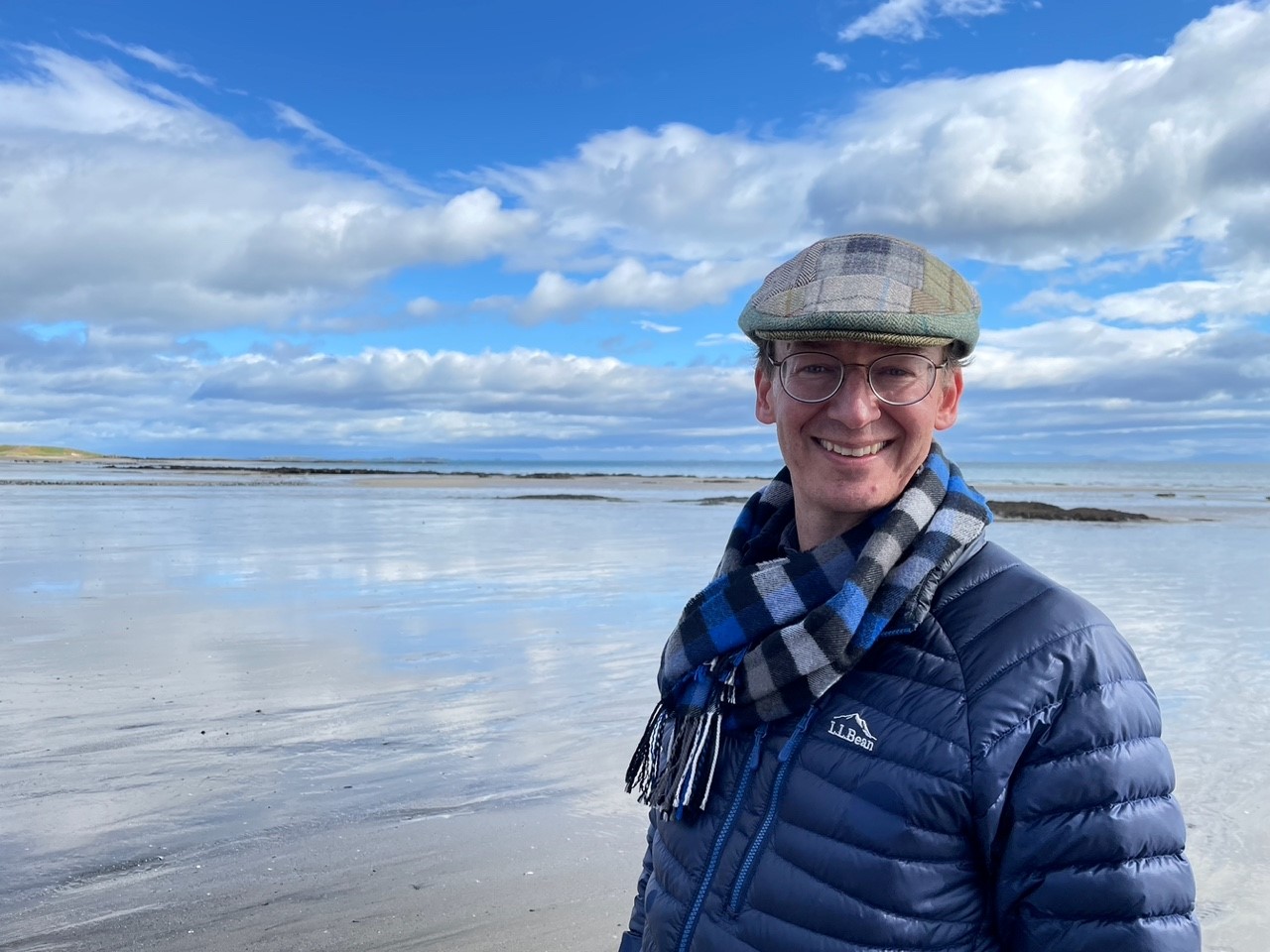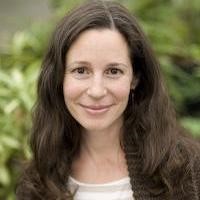The ASN has chosen two new officers. We congratulate the winners, whose election statements are presented below, as well as the distinguished runners-up, Carol Boggs and Rafael Rodríguez.
Results of the 2023 Election
Posted on
Daniel I. Bolnick, President 2025 (serving 2024–2028)

Election Statement:
I am excited by the possibility of continuing to serve the American Society of Naturalists (ASN), should the members elect me as ASN President. This society has a nearly 150-year history of facilitating intellectual mergers between many areas of the natural sciences, reflected in my own values as a researcher. My research concerns the role of ecological interactions in the evolution of intraspecific variation in phenotypes, with a current emphasis on host-parasite interactions driving the evolution of host diet, behavior, and immunity. We draw on methods from genomics, immunology, cell biology, theory, field ecology, gene editing, and more. From this integrative work I have become ever more convinced by the value of unifying biological research.
I received my BA from Williams College (Biology, with a minor in Environmental Studies), which incidentally was the home of the first Secretary of the ASN in the 1870s. I learned of this connection when I started a Naturalists club during my first year in college, only to discover there had been a Williams Naturalists organization during the 1800s, affiliated with the ASN. I taught high school math and biology in Tanzania for the US Peace Corps, then went to graduate school in Population Biology at UC Davis with Peter Wainwright. After a brief postdoc with Michael Turelli, I began a faculty position in Integrative Biology at the University of Texas at Austin, interrupted by a 6-year position as an Early Career Scientist at the Howard Hughes Medical Institute. While at UT Austin, I received the ASN Young Investigator Prize, the Dobzhansky Award from SSE, and the George Mercer Award from the Ecological Society of America, a Packard Fellowship, an HHMI Early Career Scientist fellowship, the Edith and Peter O’Donnell Prize in Science from the Texas Academy of Medicine Engineering Science and Technology. In 2018 I moved to the University of Connecticut to enjoy the cooler climate and New England forests.
Through my career I have served the community in a variety of roles. I was the Secretary of the ASN for three years (followed by three additional years on the council as ex-secretary). As secretary I took the lead on organizing the first ASN Asilomar meeting (held in 2014), which was such a success that ASN has continued to hold stand-alone meetings there every other year since, and I was involved in helping with organization for some of these later meetings. I was an Associate Editor for The American Naturalist from 2008–2017, then Editor-In-Chief for five years. During my time as EIC I expanded the diversity of our editorial board, and took steps to improve the reproducibility of the science we publish. I pursued some cases of scientific misconduct, and created a team of Data Editors to enforce and ensure quality control for our new policy of requiring both data and code archives. Outside of the context of ASN, I also am serving on the SSE Council, and have been active in starting a very proactive DEI committee in my department in Connecticut.
The ASN plays a unique role at the intersection between biological disciplines, particularly evolution and ecology and behavior. It is first and foremost an intellectual community where people from very different intellectual traditions can trade ideas. Former Editor of Am Nat Robert Bigelow wrote in 1898, “We desire that our pages afford a common meeting-ground where the morphologist, the physiologist, the zoologist, the botanist, the anthropologist, the palaeontologist, the geologist, and the mineralogist may meet to discuss the problems in which they have a common interest”. Although the specific disciplines have changed, the sentiment still holds, that this is a common meeting-ground. This function provides networking and career-building opportunities for early-career scientists, and the generation of new research questions and ideas. So, the fundamental feature of the society ought to be bringing together people from many intellectual and cultural backgrounds for scientific conversation. As president I would prioritize virtual and affordable in-person opportunities for intellectual engagement by diverse members of our intellectual community, including improving opportunities for access and engagement by an increasingly global membership as well as continuing ongoing efforts to support under-represented groups within North America and Europe. I would like to also work with diverse other societies focused on related fields (ecology, behavior, genetics, and even more molecular/cellular groups, etc.) to build more opportunities for collaboration, for instance by pairing our broad conferences with some focused workshops co-sponsored by multiple societies, to improve the diversity of intellectual backgrounds and life experiences that we use to answer fundamental questions of organismal biology.
Amy Angert, Vice President 2025 (serving 2024–2026)

Election Statement:
I am a population biologist working at the interface of ecology and evolution. Much of my research focuses on the evolutionary ecology of species’ geographic distributions. My lab conducts empirical tests of hypotheses about limits to adaptation at range edges, capacity for evolutionary rescue as environments change, and the interplay of adaptive and non-adaptive evolution during range expansion. We conduct field, greenhouse, and lab studies on plant systems using a variety of tools including demographic models, field and common garden experiments, mesocosms, quantitative genetics, and genomics.
I completed a BA in Biology at Washington University in St. Louis, then moved to University of Washington for doctoral studies. I completed my PhD at Michigan State University, then moved to the University of Arizona to conduct postdoctoral research. In 2012 I became a member of the faculty at UBC, where I am jointly appointed in the departments of Botany and Zoology and hold a Tier 1 Canada Research Chair in Evolutionary Ecology.
I have been engaged in service in support of scientific societies throughout my career, including as chair of the Plant Population Ecology section of the Ecological Society of America and elected council member to the Society for the Study of Evolution. I have also served as Associate Editor for several journals, including The American Naturalist, Evolution, and Ecology Letters. Within my institution, I lead my department’s committee on equity, diversity, and inclusion and have been involved in faculty- and university-level initiatives to foster institutional change in support of EDI.
I am a member of ASN and I served as an Associate Editor for The American Naturalist from 2018-2021. Since 2018 I have also served on a tri-society committee that is creating a Code of Ethics for ASN, the Society for the Study of Evolution, and Society of Systematic Biologists. I would be honored to serve the ASN in the Vice President’s role because the ASN’s mission to promote conceptual unification in the biological sciences has inspired my integrative approach ever since I was a graduate student. I am particularly excited to help the society implement its Code of Ethics because I am committed to fostering a scientific community that is welcoming, fair, and transparent.
I would organize a VP symposium around the topic of coping with an increasingly extreme and variable world. I would invite speakers who approach this topic from a wide variety of angles, including those who focus on organismal-level functional responses, population-level demographic buffering and evolutionary rescue, and landscape-level changes in species distributions and community structure.